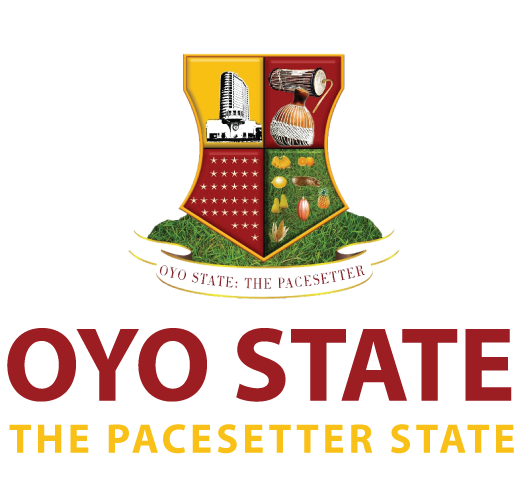
The United Nations has issued a stark warning about Nigeria’s impending food crisis, predicting that 82 million Nigerians – approximately 64% of the country’s population – may face hunger by 2030. This alarming forecast comes amidst a persistent surge in food prices and calls for urgent government action to address climate change, pest infestations, and other threats to agricultural productivity.
Nigeria’s food situation has reached a critical point, with the National Bureau of Statistics reporting that food inflation hit a record high of 40.66% in May 2024, surpassing the previous month’s 40.53% increase. This marks the highest year-on-year increase in food prices since record-keeping began in 1996, far exceeding the historical average of 13.42%.

The UN’s prediction aligns with earlier forecasts by the Food and Agriculture Organisation (FAO), which warned that 2.6 million Nigerians in Borno, Sokoto, Zamfara states, and the Federal Capital Territory may face a food crisis between June and August 2024. A government-led Cadre Harmonisé analysis released in March 2024 further revealed that approximately 4.8 million people in Borno, Adamawa, and Yobe states are experiencing severe food insecurity – the highest level in seven years.

Taofiq Braimoh, representing the FAO’s Resident Humanitarian Coordinator, highlighted the gravity of the situation at the launch of CropWatch in Abuja. He stated, “This year’s results are alarming: approximately 22 million Nigerians will face food insecurity in 2023, and around 80-82 million are at risk of severe food insecurity by 2030.” Braimoh emphasized the need for leveraging technology, such as satellite-based crop monitoring, to strengthen the agriculture sector and ensure food security.
The food crisis has not gone unnoticed by various stakeholders. Organized Labour expressed concern about rising food prices and fuel scarcity during the 2024 May Day commemoration, warning that the current situation threatens workers’ survival. Senior Advocate of Nigeria, Olisa Agbakoba, cautioned about the potential for hunger riots, urging the Federal Government to take swift action.
To address these challenges, the UN and other experts are calling for a multi-faceted approach. This includes:
1. Implementing advanced agricultural technologies like satellite-based crop monitoring
2. Addressing climate change impacts on agriculture
3. Improving water management and irrigation systems
4. Combating pest infestations more effectively
5. Enhancing agricultural productivity through modern farming techniques
6. Developing policies to stabilize food prices and improve food distribution
As Nigeria grapples with this looming crisis, the government’s response and ability to implement effective solutions will be crucial in averting widespread hunger and ensuring food security for its growing population. The situation underscores the urgent need for collaborative efforts between the government, international organizations, and local stakeholders to tackle the root causes of food insecurity and build a more resilient agricultural sector.




